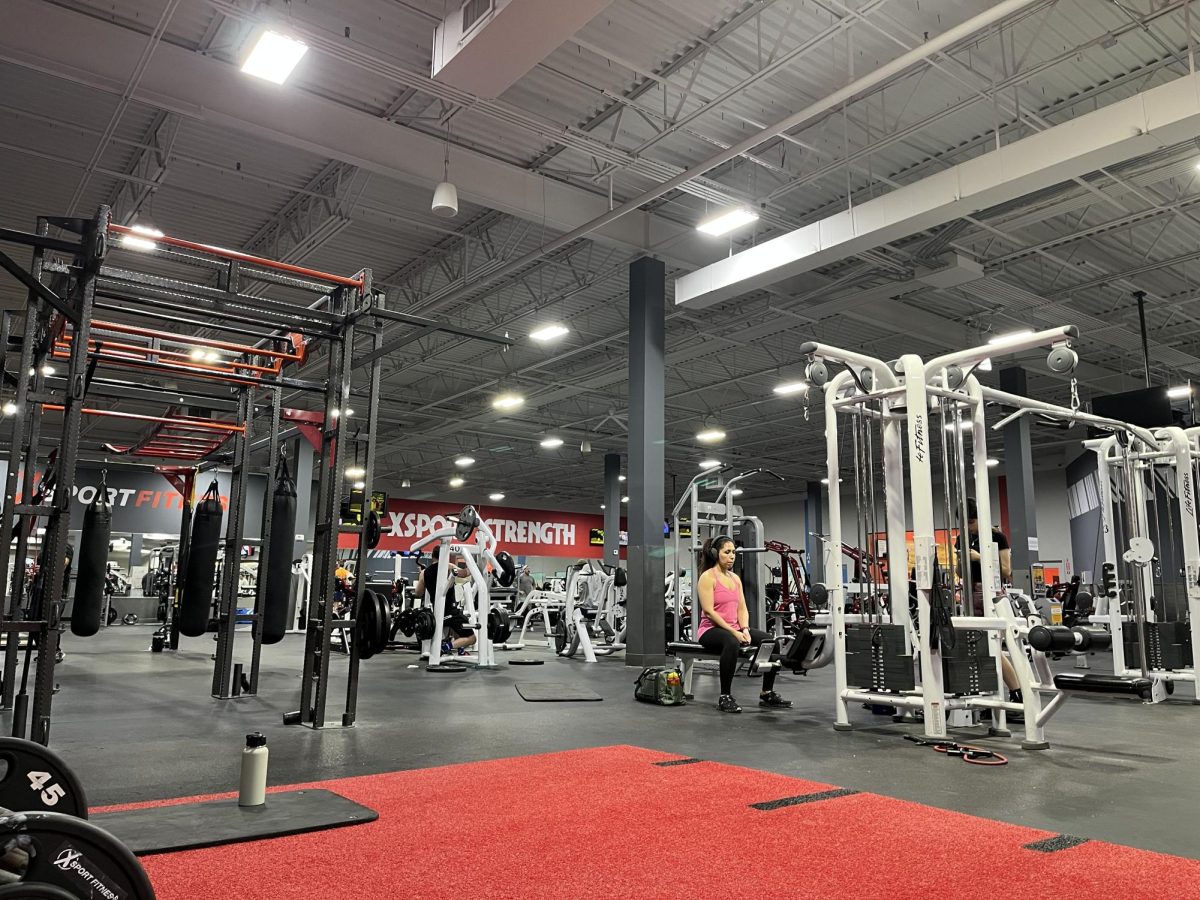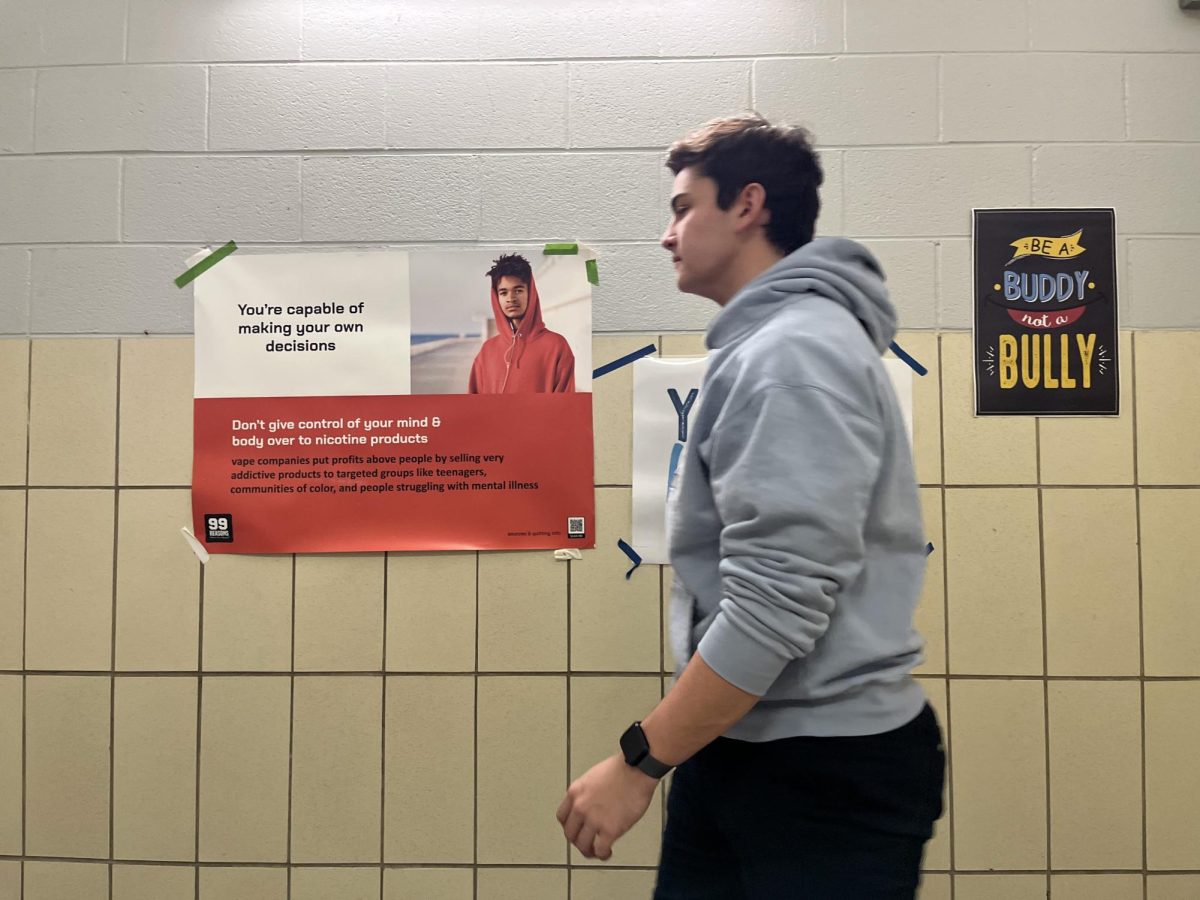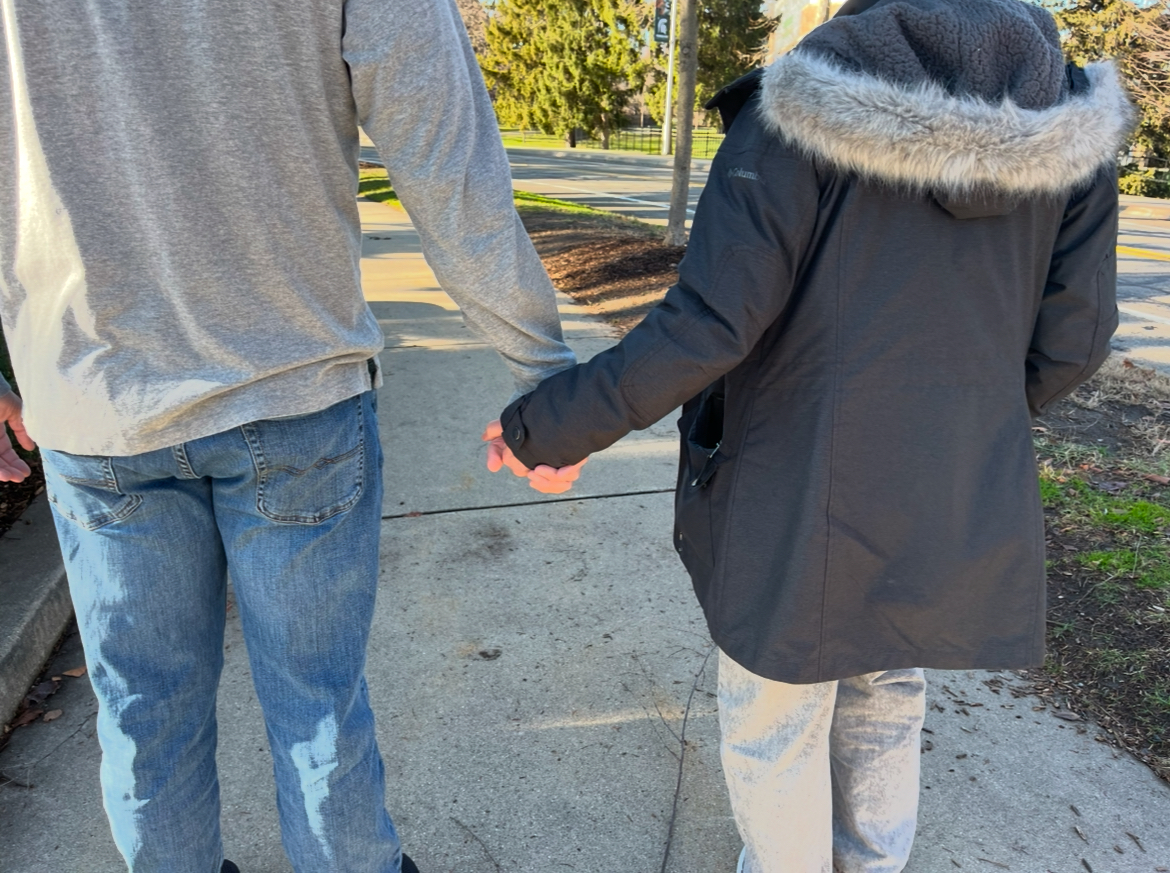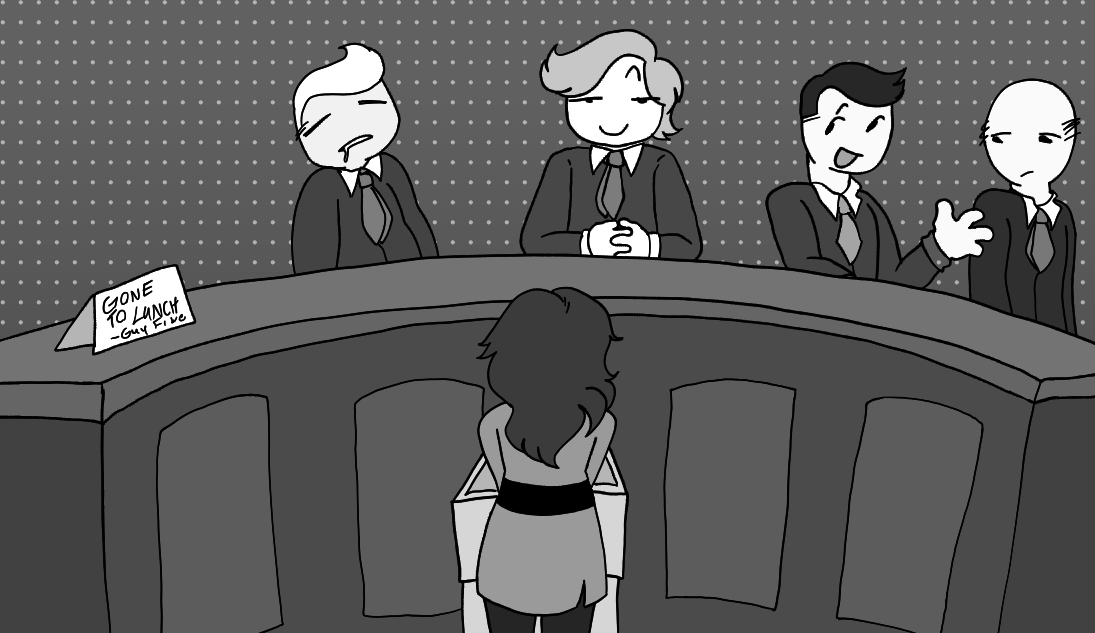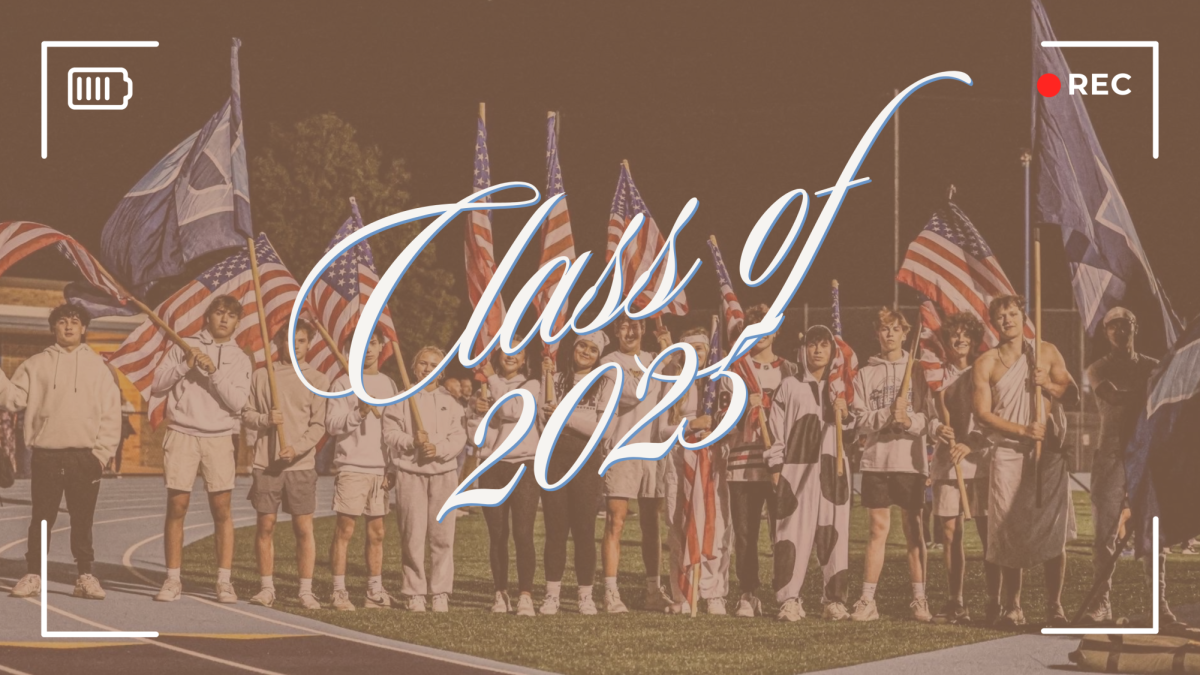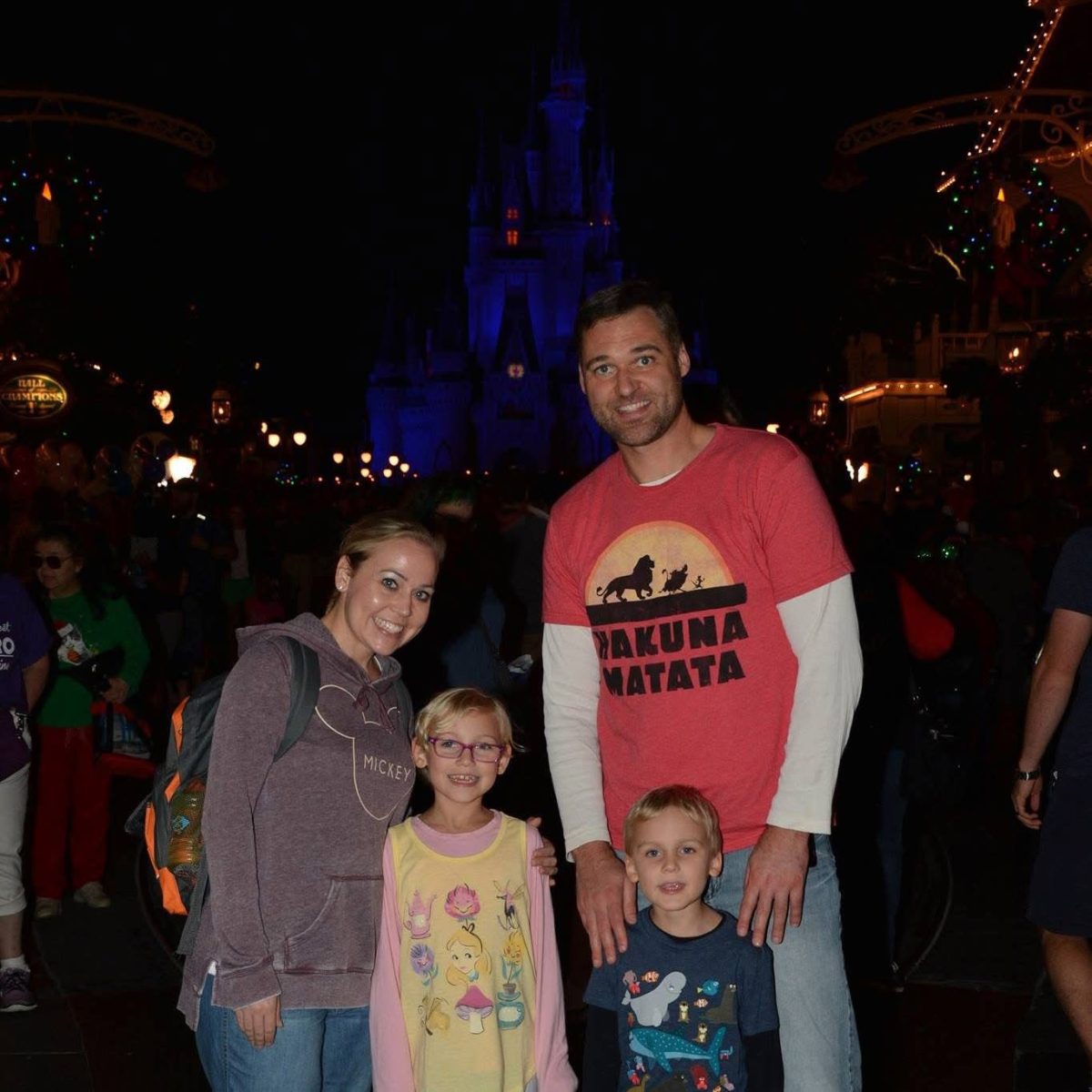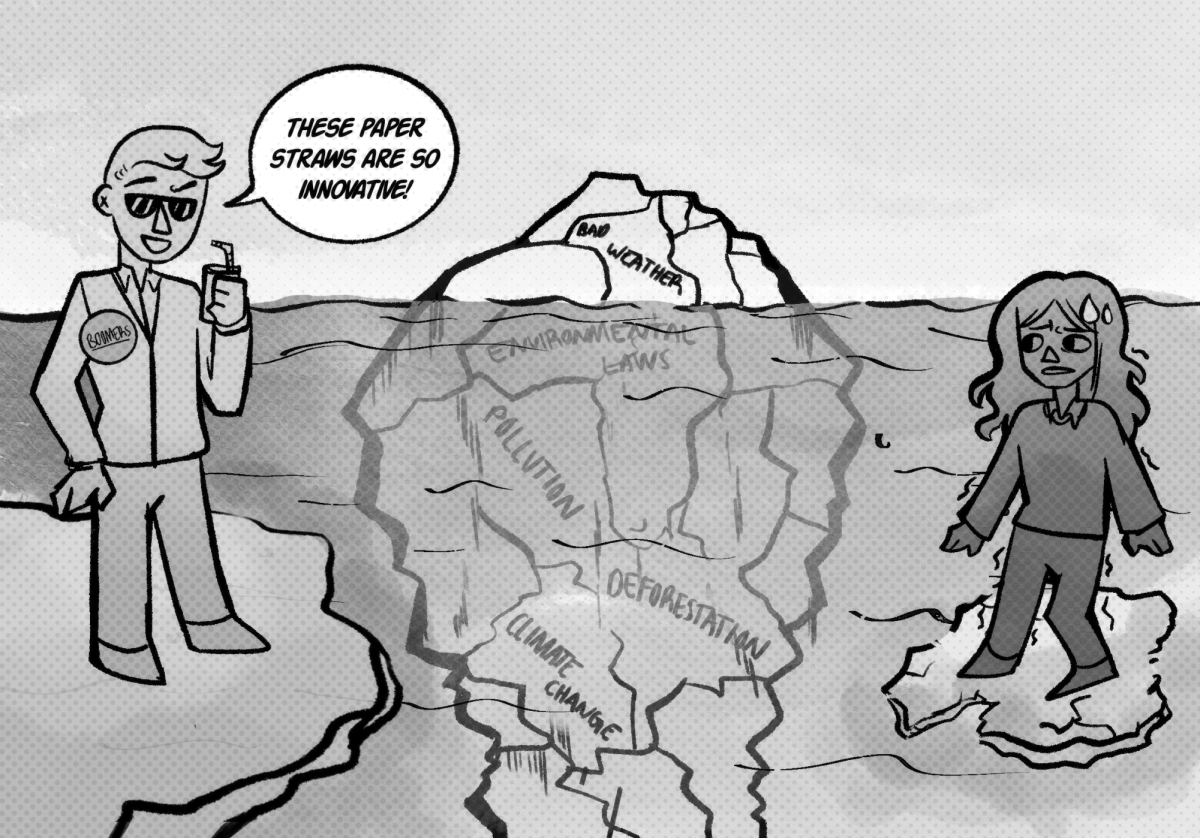Over the last 20 years of American history no group has experienced such a monumental shift in public opinion like the queer community. This includes, but is not limited to, those who identify as lesbian, gay, bisexual, transgender, intersex, asexual, aromantic or pansexual. In 2006, Gallup polling found that just 39% of Americans believed that same-sex marriage was “valid.” Now in 2023, Gallup polling has placed that number at 71%, demonstrating how quickly public opinion flipped in less than two decades.
Marriage policy soon followed this shift in public opinion with Masscusettes becoming the first state to legalize same-sex marriage in 2004, setting off an eleven year campign that ended with Obergefell v. Hodges, which legalized same-sex marriage in all states. In addition, Congress passed the Respect For Marriage Act in 2022, which requires that all states and territories recognize same-sex and interracial marriages across state lines.
But as the fight for marriage equality dominated the discourse, other conversations about achieving equality fell to the wayside nationally, leading to a country nearly equally divided between states who protect queer Americans and states that do not. With same-sex marriage decided almost ten years ago, it should no longer dominate the larger discourse about queer community; instead, Americans and politicians must get serious about protecting and improving the lives of all queer Americans.
The most serious attempt to expand queer civil rights has been the Equality Act. The act in its current form would amend the Civil Rights Act of 1964 to include sexual orientation and gender identity. The passage of this bill would nationally ban discrimination in housing, employment, public accommodations, education, federal programs, credit and jury service.
Given the range of these inclusions, its success would provide a massive amount of protection to a group where three in five report public discrimination. The Equality Act also experiences high support across the board: 89% of Democrats, 82% of independents and 65% of Republicans support expanding anti-discrimination policies to queer Americans. Its success is unlikely today though with Speaker Mike Johnson leading the House.
Johnson once wrote in an editorial that “This is a free country, but we don’t give special protections for every person’s bizarre choices,” in reference to legalizing same-sex marriage. In another editorial, Johnson proclaimed that “…the state is right to discriminate between heterosexual and homosexual conduct since the latter cannot occur within the confines of marriage” after the Supreme Court’s decision in Lawrence v Texas was released.
Johnson represents the views of hundreds of other representatives and senators who wish to set the country back decades on queer policy. The Equality Act will never pass until voters begin rejecting politicians who spew their hateful bigotry, and vote for those who acknowledge and care about improving the lives of queer Americans.
Another issue that gets at the core of queer equality is that of conversion therapy because it continues to demonstrate the vast network of organizations willing to pry on the idea that being queer is immoral. Conversion therapy attempts to change one’s sexual orientation or gender identity, a discredited practice by dozens of medical organizations. Yet, illegal in only 22 states and DC, the nation remains sharply divided between whether to allow it or not.
To many, this issue may seem on the fringe edge of society: a practice that is problematic but also rare. Unfortunately though, the Trevor Project estimates that 13% of queer Americans are subjected to conversion therapy and it’s costing Americans $9.23 billion dollars annually. Broken down, that cost includes $650 million on conversion therapy itself, and then $8.58 billion on recovery from the effects.
And there’s a lot to recover from: conversion therapy practices can include electro-shock therapy, sexual abuse and physical beatings. It’s thus no wonder why queer Americans placed in conversion therapy are at a higher risk for depression, anxiety, substance abuse, suicide and other issues relating to mental health.
Made worse, the Trevor Project found that 83% of those in conversion therapy are below the age of 18 in America. Additionally, the United Nations has found that 80% of those subject to conversion therapy are below the age of 24 globally, and half are below the age of 18. This means that conversion therapy is not designed for adults seeking to change their identity, but is instead designed for children whose parents do not accept them for who they are.
Lawmakers have introduced bills to ban conversion therapy for years now, but Congress has failed to act. A national ban for conversion therapy is long overdue and necessary to protect young, queer Americans from torture. It’s time for the United States to lead the world and demonstrate its commitment to human rights.
For some, these issues are just another battle of the culture war-a chance to score a victory for a party’s base. But for millions of Americans, this isn’t just political theater; equality for queer Americans impacts how all of them live their lives. It’s a matter of basic human dignity: one that should not be denied from any American.




